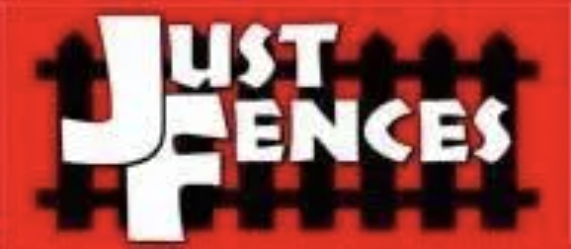Fencing Options for Rural Properties and Farms
- Just Fences

- Dec 15, 2025
- 2 min read
When it comes to rural properties and farms, fencing does more than mark your boundaries—it plays a vital role in protecting livestock, crops, equipment, and your overall investment. The right fence can deter intruders (both animal and human), define pastures, and improve the function and appearance of your land.
But with so many fencing options available, how do you know which one is right for your property? Here’s a breakdown of the most popular and practical fence types for rural applications.

1. Split Rail Fencing: Classic and Cost-Effective
Split rail fences are a timeless choice for large, open landscapes. They create a clear boundary without blocking the view—ideal for marking property lines or enclosing non-livestock areas.
Best for: Large properties, horse paddocks, or decorative boundaries.
Pros: Affordable, low maintenance, quick to install.
Add-ons: Wire mesh can be added for increased containment or pet safety.
2. High-Tensile Wire Fencing: Durable and Low Maintenance
High-tensile wire fencing uses strong, smooth wire stretched tightly between posts. It’s a top choice for modern farms due to its durability, affordability, and versatility.
Best for: Containing cattle, sheep, and other livestock.
Pros: Long-lasting, low cost, withstands weather and pressure.
Tip: Can be electrified for added control of livestock movement.
3. Woven Wire Fencing: Secure and Animal-Safe
Woven wire fencing features interwoven vertical and horizontal wires, creating a strong mesh pattern. It’s one of the safest and most secure options for livestock.
Best for: Sheep, goats, pigs, and poultry.
Pros: Prevents climbing and escape, resists predator intrusion.
Add-ons: Pair with wood or metal posts for added strength and aesthetics.
4. Electric Fencing: Effective for Livestock Management
Electric fencing is a powerful deterrent system that trains animals to respect boundaries using mild electric pulses. It’s flexible and can be used alone or in combination with other fencing types.
Best for: Rotational grazing systems or protecting crops.
Pros: Lightweight, adaptable, affordable.
Note: Requires regular inspection and maintenance to ensure reliability.
5. Privacy or Security Fencing: Protection for Equipment and Homesteads
In addition to animal containment, rural properties often need fencing around homes, barns, gardens, or storage areas. Vinyl, wood, or aluminum fencing offers privacy, security, and curb appeal.
Best for: Residential sections of your property or valuable equipment.
Pros: Customizable, attractive, weather-resistant.
Choosing the Right Fence for Your Rural Property
When selecting fencing for your farm or rural land, consider:
Purpose – Livestock containment? Property demarcation? Privacy?
Animals – Different animals require different fencing heights and strengths.
Terrain – Hills, rocks, and soil type affect installation.
Budget – Larger properties need cost-effective, long-lasting solutions.
Rely on Just Fences for Expert Rural Fence Installation
At Just Fences, we understand the unique needs of rural property owners in Western PA. Whether you're securing livestock, enclosing fields, or adding beauty to your land, our team will help you find the perfect solution—and install it with precision and care.
Contact us today for a free estimate or to schedule a farm fencing consultation. Let’s build something strong together.





Comments